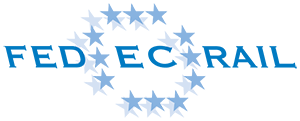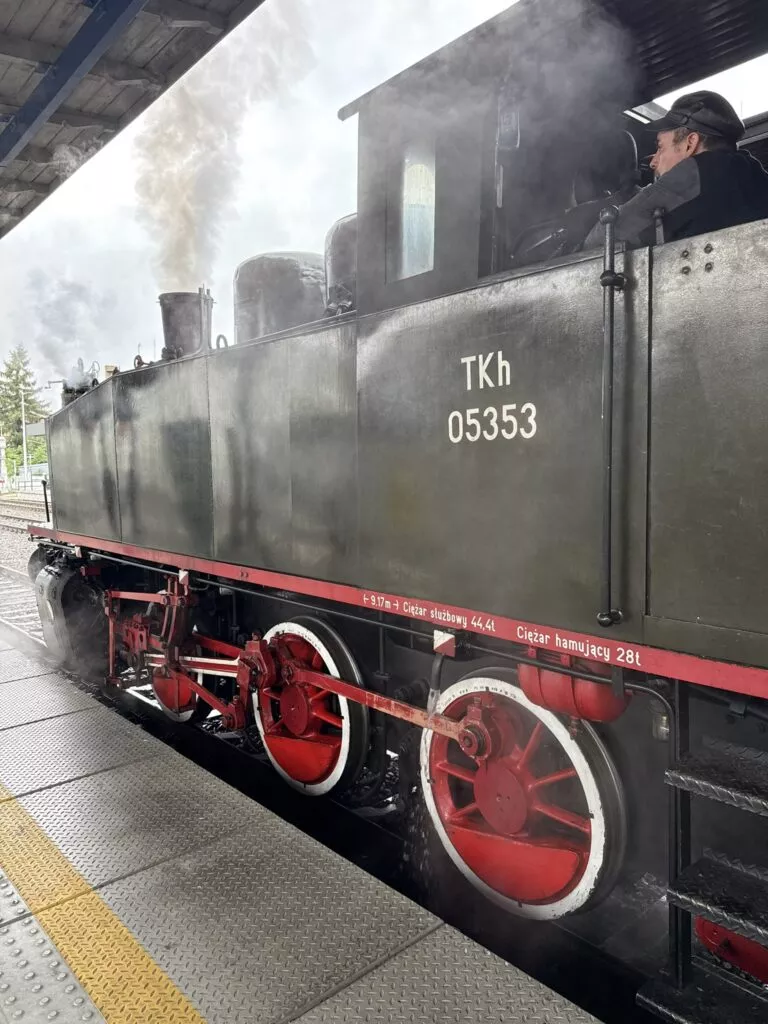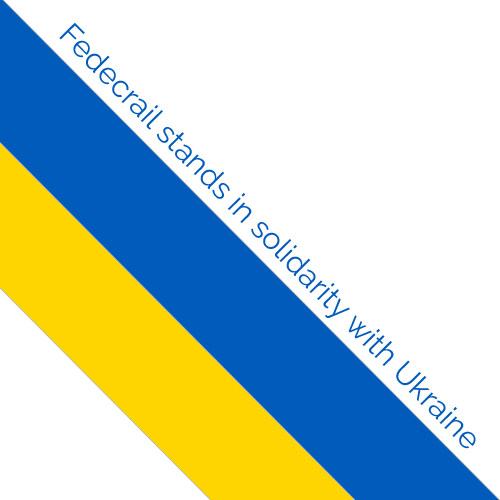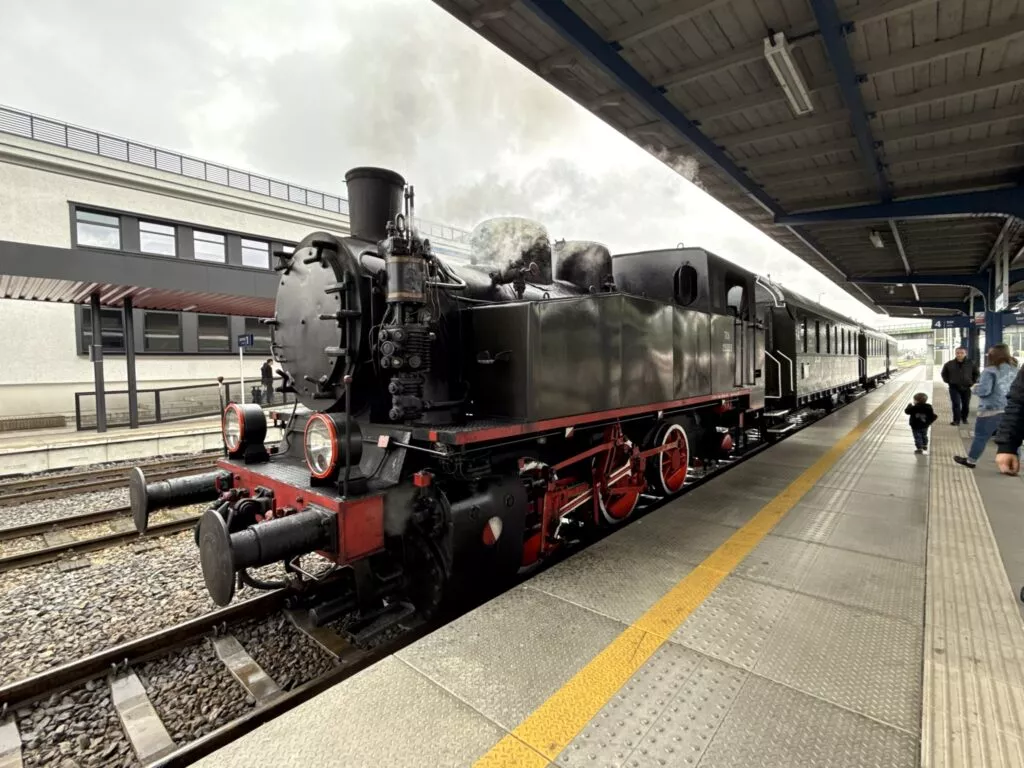
Heritage Rail in Transition
– Building the Future Together
We are delighted to invite you to FEDECRAIL’s Annual Conference 2026, taking place from 26–29 March in Wolsztyn, Poland. This will be an incredible event offering unique opportunities for networking, knowledge sharing, and dialogue on the future of our sector. Join us for inspiring sessions, engaging discussions, and memorable experiences together in the heart of Poland’s railway heritage.
| Costs | |
| Fee for participation friends of Fedecrail/Members/Partners/Young people | 425 euro |
| Fee for non-members or corporate representation that is not a partner. | 650 euro |
| Fee participants under 25 year | 325 euro |
Don’t miss your chance to experience the best of Polish railway heritage and hospitality
at our next conference!
Deep in the province of Greater Poland amid the vast agricultural plains, you will find the small town of Wolsztyn, not just home to Robert Koch, famous for his groundbreaking work on tuberculosis in the late nineteenth century, but also for the railway line from Wolsztyn to Zbąszyń which opened in 1886. The rather special locomotive roundhouse in Wolsztyn is the only place in Europe to supply standard gauge steam locomotives for regular, timetabled train services on the national railway network.
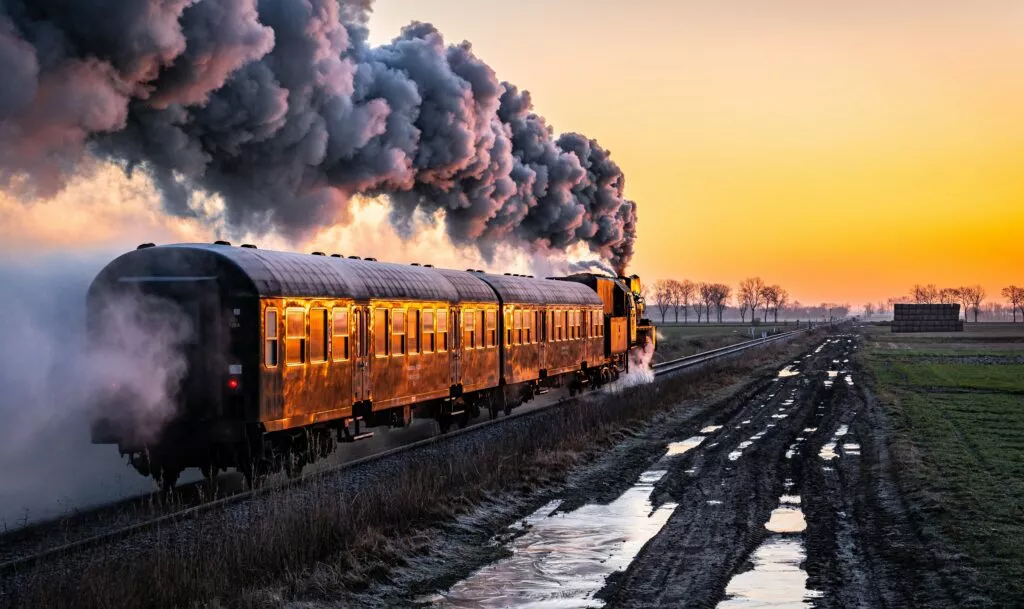
And this is where Fedecrail will be holding its next annual conference 26-29th March 2026 and the hotel, Ostoja Chobienice, we have chosen for the event will definitely not disappoint. Situated just twenty minutes from Wolsztyn, there are a wealth of activities available from golf to horse-riding, cycle hire to relaxation in the amazing pool and spa area or fine-dining restaurants. But you might not have time for all that once you see our packed programme of conference events, starting off with a tour of the Poznan Tramway Depot and tram ride around this grand city to be followed by a fabulous trip by special charter steam train to Wolsztyn. Later in the programme there will be the chance to visit the Wolsztyn Depot and see the work they’re doing to preserve one of Poland’s most outstanding heritage icons plus hear first hand about the challenges they face.
This is a great opportunity to network with colleagues old and new and to experience something quite special whilst staying in a beautiful hotel in a unique setting. Delegates will be amazed at the array of quality, local food and drink set a very reasonable prices compared to many other cities in Europe and be able to take part in a range of workshops and talks to further pan-European heritage rail cooperation and knowledge.
Program for the conference
Thursday 26 march
(Exact times will be announced shortly)
Poznań – Heritage Tram Experience around 13:30
- Visit to the Poznań Tram Museum
- Guided tram tour through the city’s historic network
Steam Transfer to Wolsztyn around 16:00 from Poznan railway station
- Departure with a special steam train from Poznań to Wolsztyn (2h 20 min)
- On arrival: transfer buses to the accommodation
Registration & Check-in
- Check-in supported by a volunteer team
Evening – Meet & Greet around 20:00
- Informal Meet & Greet for all delegates
- Light refreshments and networking opportunities
Friday 27 march
09:00 Welcome by the President & Wolsztyn Presentation 30 minutes
09:45 Youth Upskill Session & Workshops
The Youth Upskill Programme is FEDECRAIL’s new European framework designed to train, inspire and retain the next generation of volunteers in the heritage rail sector. It gives young people structured opportunities to gain skills, experience and confidence, while helping member organisations strengthen their volunteer base.
Why this is important
The future of heritage rail depends on people. Many organisations face declining volunteer numbers, ageing membership and increasing technical and regulatory demands. Youth Upskill tackles these challenges by:
• Creating a clear, recognisable European standard for young volunteers
• Making it easier for organisations to attract and introduce new people
• Providing young participants with skills that matter – from operations and workshop safety to communications, project work and leadership
• Offering formal certification, which strengthens CVs and makes volunteering more attractive
• Building a shared European community that learns from each other
Youth Upskill is not just a programme – it is a long-term investment in the resilience, sustainability and cultural value of our sector.
13:00 Lunch
At 14:00 you will be able to choose one of the parallel sessions. Each session will include its own set of speakers, workshops or interactive formats, depending on what the session leaders have prepared. A more detailed programme – including invited speakers and the insights they will contribute – will be published ahead of the conference, so participants can plan which session they wish to attend.
1. ERTMS & Mainline Running
This session explores how heritage and museum railways can operate safely and sustainably within modern mainline environments. We will look at the current status of ERTMS/ETCS deployment across Europe, upcoming regulatory requirements, and what they mean for heritage fleets. The group will discuss risk management, exemptions, technical interfaces, and practical examples of operations on ERTMS-equipped lines. The aim is to clarify challenges but also identify opportunities for cooperation, shared learning, and long-term planning.
2. Coal & The Future of Fossil Fuels
Coal remains a critical issue for many heritage railways, yet the future of fossil fuels is increasingly uncertain. This session examines policy developments, environmental expectations, and the real-world implications for steam operations. We will discuss supply chains, sustainability strategies, alternative fuels, public perception, and how organisations can prepare for future changes. The conversation will also include updates on FEDECRAIL’s coal strategy and joint European work to secure long-term solutions.
3. Tourism – How to Attract New Visitors
Tourism is the backbone of many heritage operations, but visitor behaviour is shifting rapidly. This session focuses on how heritage railways can strengthen their visibility, relevance, and reach. Topics include marketing trends, storytelling, partnerships with regional tourism boards, digital promotion, visitor experience design, and building repeat audiences. Participants will work on identifying what makes their own organisation unique — and how to turn that into memorable experiences that attract new visitors.
4. Funding & Financial Sustainability
Financial resilience is essential for every heritage railway. This session covers the funding landscape in Europe, from grants and sponsorships to new income models and long-term planning. We will discuss how to build realistic budgets, strengthen governance, diversify revenue streams, and link funding to strategic goals. Practical examples will be shared, along with advice on what funders look for, how to communicate value, and how to ensure that financial sustainability aligns with heritage preservation.
17:30-18:00 Summing Up the Day
19:00 Dinner
Saturday 28 march
09:00 Wolztyn and the future 30 min
09:45 Annual General Meeting
Printed Documents at the AGM:
Please note that no printed documents will be provided on site during the Annual General Meeting. All relevant materials will be available digitally in advance.If you prefer to work with paper copies, we kindly ask that you print and bring your own documents to the meeting. Thank you for your understanding and support in reducing unnecessary paper use.
11:15 Preservation what to keep and what to not keep, challenges with old rolling stock
This session brings together heritage railway organisations and leading experts from national museums to explore one of the most important questions in railway preservation today: how do we decide what should be saved for the future – and what cannot be?
The invited museum representatives will share how state museums work with preservation plans, value assessments, prioritisation models and deaccessioning, offering insights that can help heritage railways build their own long-term strategies.
13:30 Lunch
14:30 Bus to Wolsztyn Depot and visit
The Wolsztyn Depot is one of Europe’s most iconic heritage railway sites – a unique, fully operational steam depot where locomotives are not only preserved, but still work in daily traffic. During this guided visit, participants will experience the heart of the Wolsztyn operation up close. This excursion is designed to give FEDECRAIL members exclusive access to areas normally closed to the public and insight into the craft, logistics and dedication required to keep steam traction alive in the 21st century.
17:30 Bus back to Accomadation
19:00 Drink
19:30 ✨ Gala Dinner – Let’s Sparkle! ✨
Put on your finest outfit and get ready for an evening where elegance meets great company.
We invite you to enjoy a delightful three-course dinner, good laughs, and plenty of time to mingle and connect.
This is the night to leave everyday routines behind and let the festive spirit take over – and we can’t wait to share it with you! 🥂✨
Sunday 29 march
09:00 Workingsgroups (Choose One)
Tramway Group
The Tramway Group brings together European organisations working with historic and modern tramway systems. The group focuses on safety, standards, infrastructure issues, interoperability, and the specific challenges faced by tramway operators within cities. It acts as a forum for knowledge exchange, best practices, policy discussions and technical developments that affect museum and heritage tramways. The group also works proactively with authorities, cities and operators to raise awareness of tramway heritage and ensure safe, sustainable and well-integrated operations across Europe.
HOG – Heritage Operations Group
The Heritage Operations Group (HOG) is FEDECRAIL’s technical and operational working group for heritage railway topics. It brings together experts involved in day-to-day heritage railway operations, safety management, rolling stock, maintenance, regulation, and cross-border issues. HOG plays a central role in FEDECRAIL’s engagement with European bodies, providing specialist input on ERTMS, interoperability, rulemaking and exemptions, as well as operational standards. The group serves as a platform for shared learning, problem-solving and technical support between members.
Environmental Group
The Environmental Group focuses on sustainability and the long-term environmental challenges facing the heritage rail sector. Its work includes topics such as fuel supply (including coal strategies), emissions, climate adaptation, landscape management, resource use, and communication on environmental responsibility. The group supports members in understanding policy changes, building realistic environmental strategies and finding practical solutions that balance heritage preservation with modern sustainability expectations. It also works to strengthen FEDECRAIL’s external voice on environmental matters and to build partnerships with relevant European networks.
FEDECRAIL Future & Membership Needs Group
This group offers an opportunity for participants who are not part of any of FEDECRAIL’s existing working groups to actively contribute to the organisation’s development. The session focuses on the long-term future of FEDECRAIL and how the federation can best support its members in a changing European heritage rail landscape.
Together, participants will explore what members expect from FEDECRAIL today, what new services and support structures are needed, and how our working groups should evolve in terms of themes, format and frequency. The group will also consider how FEDECRAIL can strengthen its role as a European voice, build better collaboration and visibility, and support younger volunteers, smaller organisations and countries with limited resources.
The goal is to develop a shared vision of “FEDECRAIL of the future” – shaping priorities, member value, communication and strategy – and to gather concrete ideas that will guide FEDECRAIL’s next strategic steps.
12:30 Lunch and Goodbye
Bus to Poznan after Lunch
Ostoja Chobienice: Where Heritage Meets Comfort
You can book your hotel room using the code “FEDECRAIL” directly with the hotel, either by phone or by email.
Standard Single: PLN 468
Standard Double: PLN 522
Standard Triple: PLN 684
Superior Rooms
Single: PLN 756
Double: PLN 800
Triple: PLN 963
Please make reservations at the hotel reception; [email protected]
Our conference venue will be the beautifully restored Ostoja Chobienice, a peaceful estate set in the countryside near Wolsztyn. Combining historical character with modern comfort, the hotel offers an inviting atmosphere that encourages both reflection and interaction. Its restored farm buildings, warm interiors and spacious common areas create an ideal setting for networking, informal conversations and quiet moments in between sessions.
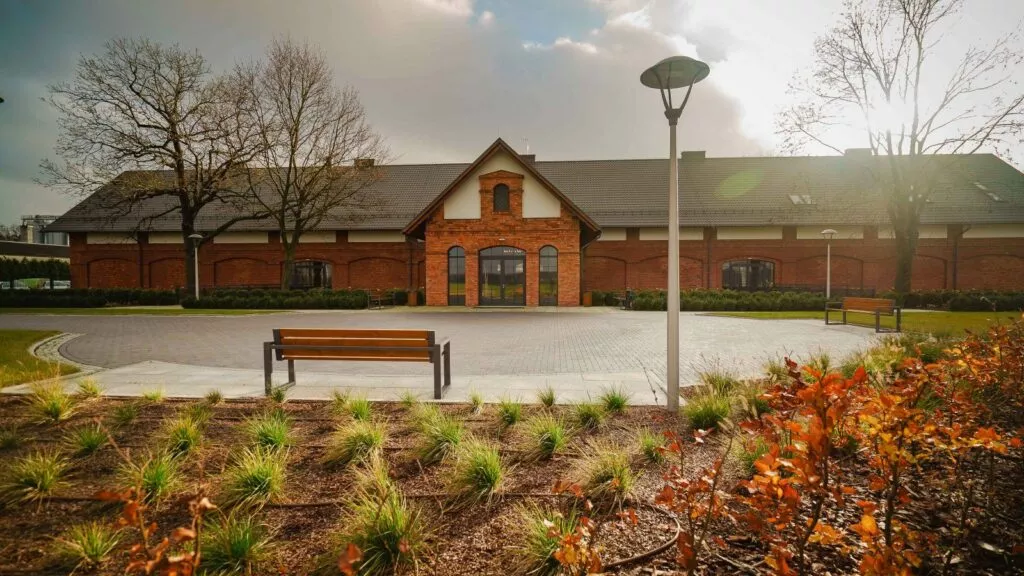
Guests will enjoy comfortable rooms, high-quality service and access to a wellness area with pool and spa facilities — a welcome opportunity to relax after a full day of discussions or technical visits. The surrounding landscape adds to the sense of retreat, offering calm, greenery and a pleasant contrast to the intensive programme.
Ostoja Chobienice provides everything we need for a productive and enjoyable stay: modern meeting spaces, good food, generous hospitality and an environment that supports both concentration and community. We are pleased to welcome participants to a venue that reflects the tone of the conference — professional, inspiring and grounded in heritage.
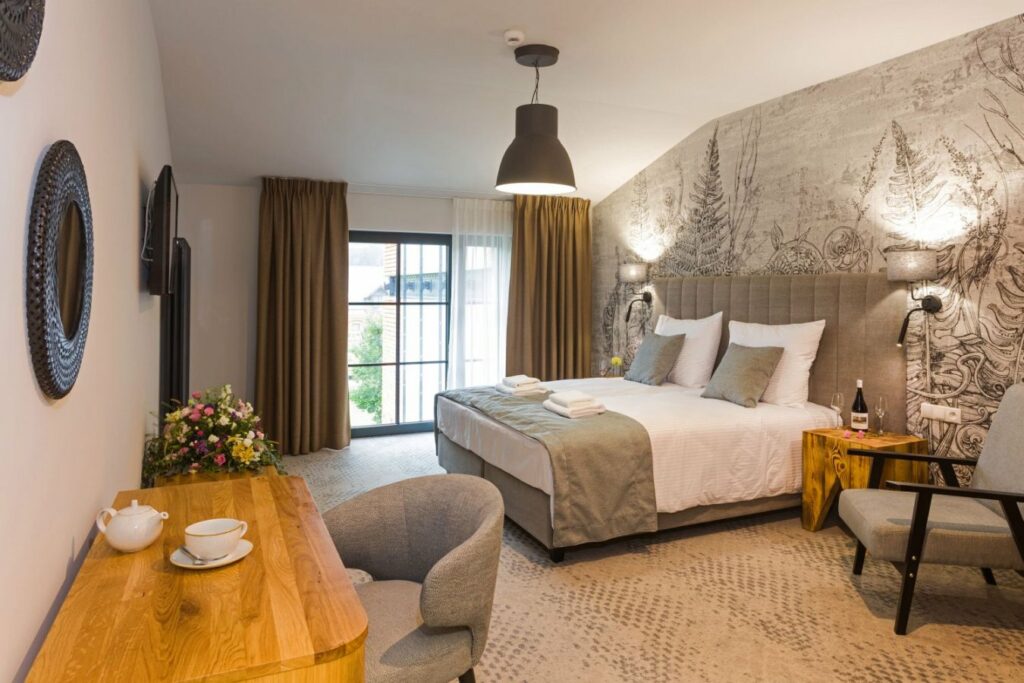
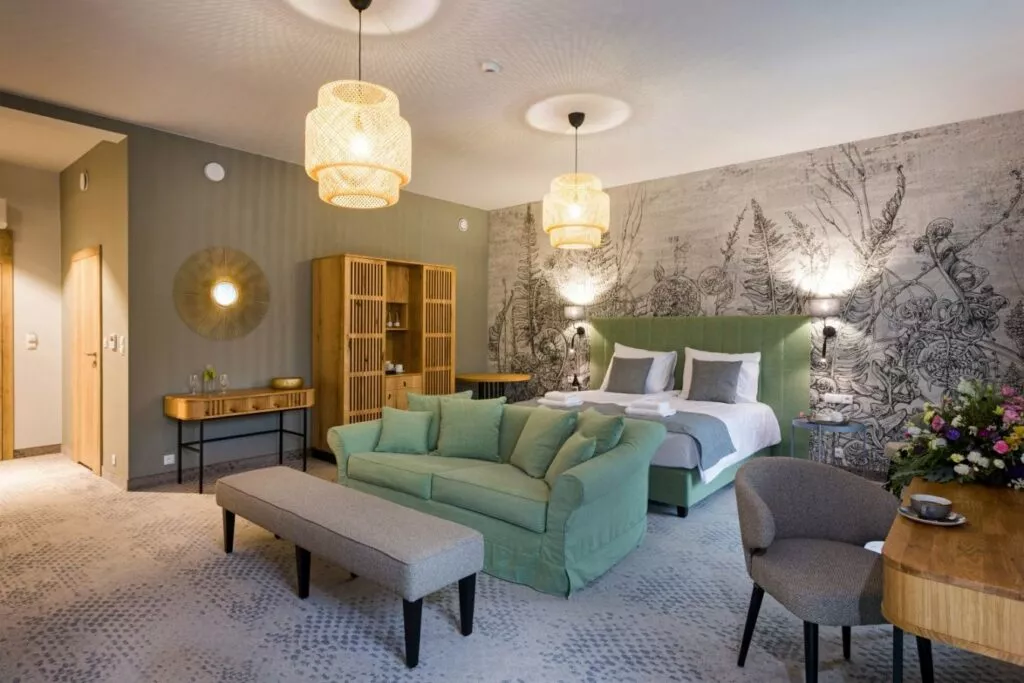
Practical
Translation
Live translation during the conference will be provided through Wordly, offering access to more than 60 languages. Please bring your own headphones and a personal device (phone, tablet or laptop) to follow the translation in real time. Kindly note that no technical equipment will be available for borrowing — participants are responsible for bringing and managing their own devices.
Partners
On Friday, partners will be offered a guided city tour of Wolsztyn, providing an enjoyable introduction to the town’s history, architecture and local culture. For those who prefer to stay at the hotel, or explore at their own pace, Ostoja Chobienice and its surroundings offer a wide range of relaxing and engaging activities.
The estate provides excellent opportunities for both relaxation and recreation, including:
- A full spa and wellness area with pool, saunas and treatment options
- On-site restaurants serving high-quality regional cuisine
- Walking paths and nature trails around the property
- A playground for families with children
- Horse riding available through local stables
- A nearby golf course for those who want to spend a few hours on the green
- Beautiful outdoor spaces perfect for reading, relaxing or socialising
Whether partners join the guided excursion to Wolsztyn or prefer to enjoy the peaceful surroundings of the hotel, there are plenty of ways to make the day both pleasant and memorable.
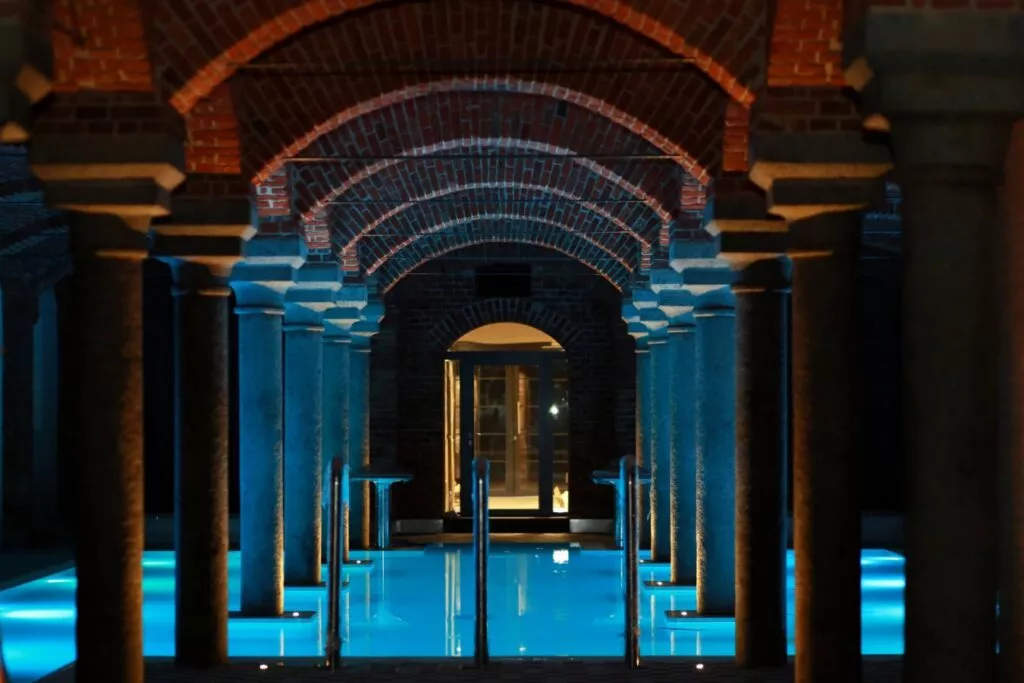
Travel to Accommodation
For those participating in the Thursday programme, transportation will be arranged. The easiest option is to travel to Poznań, where we will meet and continue together for the tram and steam train experience.
Alternatively, participants may travel by train from Berlin, drive to Poznań, or use the small regional airport near Wolsztyn, which offers a limited number of domestic flights.
On Thursday, a bus transfer from Wolsztyn Station to Ostoja Chobienice will be provided for all participants joining the early programme.
On Sunday, a coach will return you from the hotel to the airport. Provided by Fedecrail.
Dietary Requirements and Accessibility Needs
If you have any allergies, dietary preferences or medical dietary requirements, please include this information in your registration or contact us directly. It is essential that we receive these details in advance so we can plan appropriately.
Please note that if you require an accessible room or have reduced mobility, it is your responsibility to ensure that you book an accessibility-adapted room directly with the hotel. We strongly encourage you to mention your accessibility needs when making your reservation, so the hotel can confirm availability.
Your comfort, wellbeing and safety are important to us, and early communication helps both us and the hotel support your stay in the best possible way.
